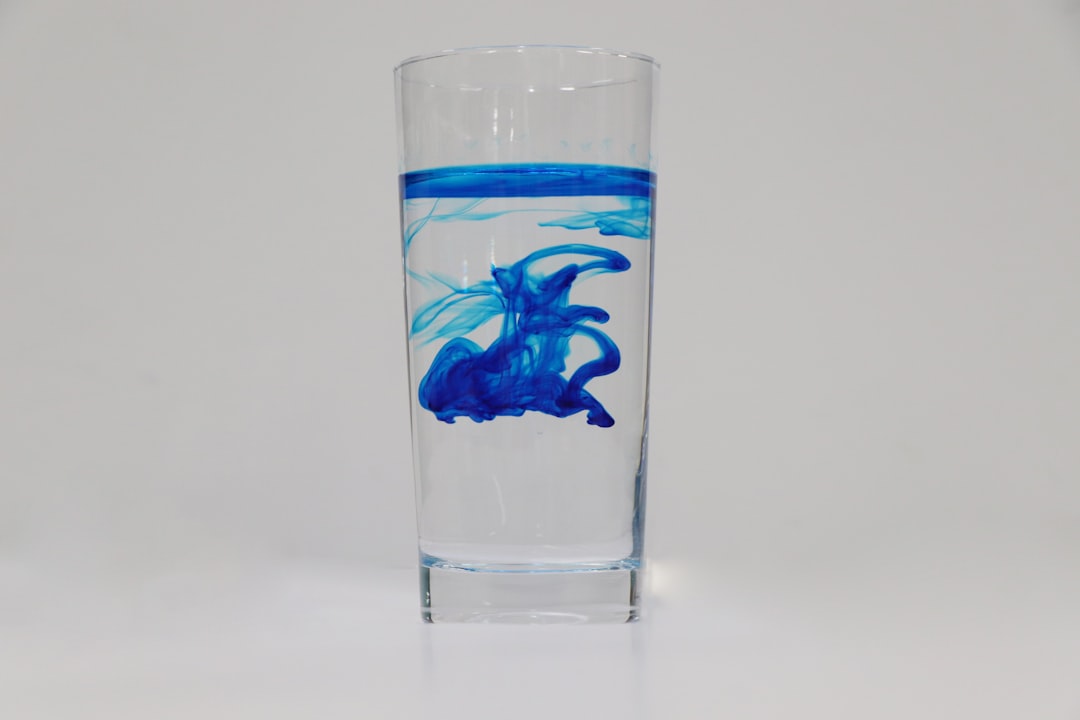What is it about?
This paper investigates the robust recursive identification problem for Wiener nonlinear systems with non-stationary disturbance and measurement white Gaussian noise. Non-stationary disturbances cannot be eliminated by conventional statistical strategy. To overcome such problem, the non-stationary disturbance signal is modelled as a dynamic parameter with a small change rate which is to be estimated step. Utilizing the forgetting factor and the auxiliary model strategy, a discrete-time recursive least squares algorithm is designed by augmenting the parameter vector and the information vector. To facilitate the steady asymptotic convergence of the time invariant system parameters and the dynamic tracking ability of the disturbance, two adaptive forgetting factors are proposed to construct a new matrix forgetting factor scheme that is used to update the covariance matrix. Moreover, several asymptotic convergence conditions are also derived based on the stochastic statistical theory under persistent excitation condition. Finally, one illustrative example with non-stationary disturbance is employed to show the effectiveness and advantages of the proposed algorithms.
Featured Image

Photo by Erol Ahmed on Unsplash
Why is it important?
To overcome such problem, the non-stationary disturbance signal is modelled as a dynamic parameter with a small change rate which is to be estimated step. Utilizing the forgetting factor and the auxiliary model strategy, a discrete-time recursive least squares algorithm is designed by augmenting the parameter vector and the information vector. To facilitate the steady asymptotic convergence of the time invariant system parameters and the dynamic tracking ability of the disturbance, two adaptive forgetting factors are proposed to construct a new matrix forgetting factor scheme that is used to update the covariance matrix.
Perspectives
Writing this article was a great pleasure as it has co-authors with whom I have had long standing collaborations. This article also lead to rare disease groups contacting me and ultimately to a greater involvement in rare disease research.
Shijian Dong
Zhejiang University of Technology
Read the Original
This page is a summary of: Recursive identification for Wiener nonlinear systems with non-stationary disturbances, IET Control Theory and Applications, August 2019, the Institution of Engineering and Technology (the IET),
DOI: 10.1049/iet-cta.2018.6413.
You can read the full text:
Contributors
The following have contributed to this page










